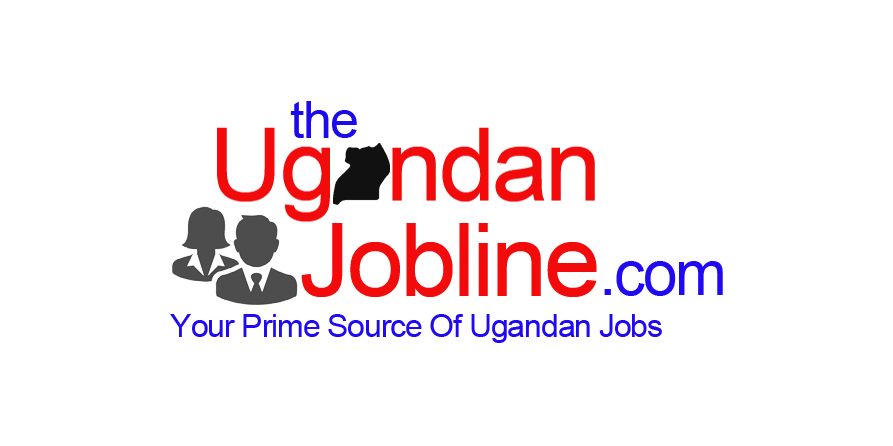IUCN, International Union for Conservation of Nature, helps the world find pragmatic
solutions to our most pressing environment and development challenges. IUCN works on
biodiversity, climate change, energy, human livelihoods and greening the world economy by
supporting scientific research, managing field projects all over the world, and bringing
governments, NGOs, the UN and companies together to develop policy, laws and best
practice. IUCN is the world’s oldest and largest global environmental organization, with more than 1,200 government and NGO members and almost 11,000 volunteer experts in some 160 countries. IUCN’s work is supported by over 1,000 staff in 45 offices and hundreds of partners in public, NGO and private sectors around the world.
implementation of the Eastern and Southern Africa Regional Program (ESARP) is based in
Nairobi under an Agreement between IUCN and the Government of Kenya. Through the
Drylands programme, in collaboration with the Water and Wetlands programme, IUCN is
implementing two projects in Uganda aimed at building the capacity of local communities and government to develop and implement integrated natural resource management plans which promote resilient and sustainable livelihoods. These projects are: Building drought resilience through land and water management in the Upper Aswa-Agago Sub-Catchment region of Uganda funded by the Austrian Development Agency and Building resilience to drought in the Karamoja Region through sustainable natural resources management (NRM) in Okok Sub Catchment in partnership with ACF with funding from ECHO. Regional Learning and Advocacy Programme for vulnerable dryland communities
(REGLAP)
Communities is a consortium that promotes lesson learning and good practice on strengthening dryland resilience in the Horn of Africa and advocates to governments, NGOs and other stakeholders for improved policy and practice. The REGLAP consortium currently includes: CARE, Cordaid, Dan Church Aid, IUCN, Oxfam GB and Save the Children, and collaborates with a range of local CSOs and networks, governments, research organisations and ECHO partners. The REGLAP programme has been operating since June 2008 and is funded by ECHO. It is now in its 4th phase of programme and focussing on 3 result areas:
for, and disseminated to, governments, NGOs and other stakeholders.
2. National governments and key stakeholders are including DRR good practice in their
strategies/plans.
3. Increased agreement by ECHO partners and other key organizations on priorities for
building resilience for joint advocacy and implementation.
1. Ensure that humanitarian response in the dryland areas has increased awareness of
implications of poor water development on dryland ecosystems and livelihoods and
considerations for good practice;
2. Ensure that good practice models of integrated water and land development in drylands
areas that promotes resilience are collected, developed and disseminated; and
3. Ensure policy opportunities for influencing water development in the dryland areas are
identified and strategies for engagement recommended.
The focal person for the REGLAP Water Learning Group will link project activities to the broader REGLAP objectives and activities where possible. He or She will also provide technical backstopping and guidance to dryland projects in Uganda. Specifically, the REGLAP focal will do the following:
Support the implementation and management of IUCN’s role as REGLAP’s Learning Group
Lead for water development for DRR ensuring performance monitoring and efficiency,
effectiveness and quality outputs.
and development in the drylands
means: briefs, seminars, videos, face to face meetings, website postings, etc.;
policy messages related to water development for DRR for national and regional
level stakeholders to feed into REGLAP Country Core Groups and Regional Consortium activities;
support information sharing, and collaboration.
activities and ensure quality outputs that meet the satisfaction of project partners;
implement tools, systems and procedures for effective planning, monitoring,
evaluation and reporting of project activities;
2. Assist in managing IUCN’s relationship with key project partners
a. Assist in overseeing and developing the relationship between IUCN and REGLAP
partners in the region.
b. Assist in overseeing and developing relationships with key regional policy bodies such
and IGAD, and AU.
With prior approval from Uganda Head of Office, Regional Technical Coordinator Water and
Wetlands and Regional Technical Coordinator Drylands represent IUCN:
a. At REGLAP and other internal and external meetings of the project.
b. At relevant local, district and national level meetings
a. Assist in developing the knowledge of the IUCN Uganda office on Drylands issues.
b. Support the IUCN Uganda office to develop of proposals and project concepts for
Drylands projects in the country.
Carry out any other relevant tasks as required by, and mutually agreed with, Uganda Head of Office, Regional Technical Coordinator Water and Wetlands and Regional Technical
Coordinator Drylands.
To operationalise the above mentioned duties under job description framework, develop and
implement an annual work plan (performance agreement) as well as carry out the appraisal as per the IUCN requirement.
dissemination;
education and communication (IEC) products from projects;
Applicants are asked to submit their CV and a supporting letter of motivation and provide the
names and contact details (including e-mail addresses) of three referees. The letter must be
submitted on or before 25th July 2012 to: [email protected]
